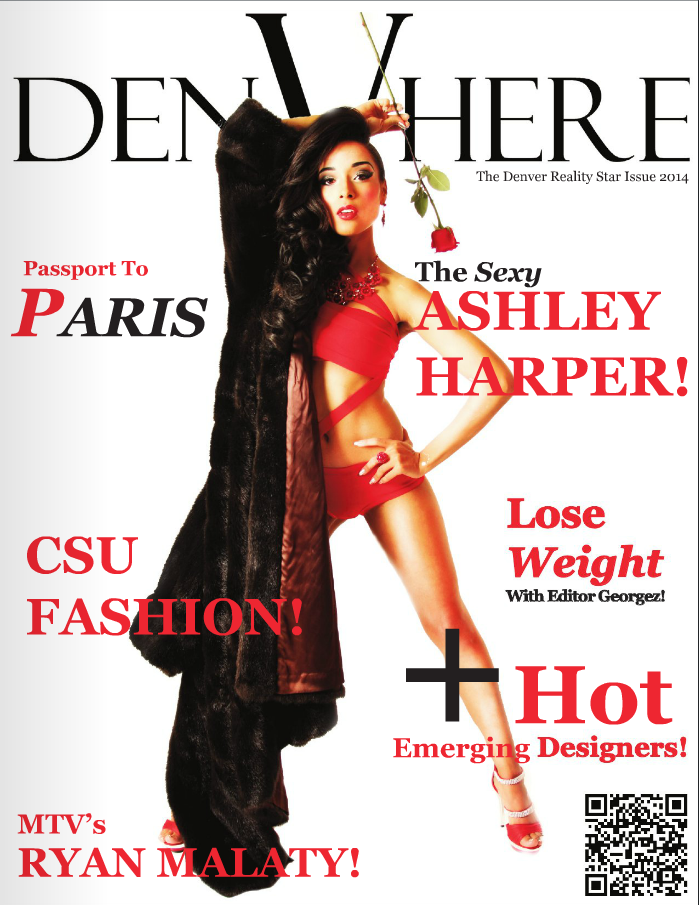Kush Clean 420 bash at the Kush Expo 2014
Kush Clean is a proud sponsor of one our favorite stoner artist’s B Real of Cypress Hill Live at the Kush Expo 2014
Kush Clean is a proud sponsor of this Kush Expo’s 2014 Hot Kush Girl Contest!
With NBC’s Reality Star the gorgeus model Ashley Harper from Denver Colorado!
come join us celebrating this summers leading 420 Event!



